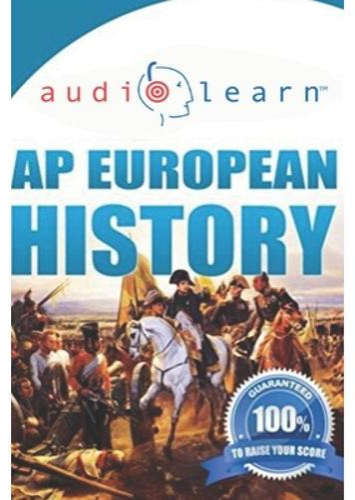COURSE DESCRIPTION
![]()
Study the cultural, economic, political, and social developments that have shaped Europe from c. 1450 to the present. You’ll analyze texts, visual sources, and other historical evidence and write essays expressing historical arguments.
CHAPTERS
![]()
Unit 1: Renaissance and Exploration
You’ll explore the rapid changes sparked in the Renaissance and trace their legacy through colonialism and a commercial revolution that changed the shape of European society.
Unit 2: Age of Reformation
You’ll chart the evolving strains of Christianity in Europe and the far-reaching effects of the Reformation on daily and political life.
Unit 3: Absolutism and Constitutionalism
You’ll study developments in political power and how they affected the relationships among states and between states and individuals. You’ll also learn about the social, political, and cultural conditions resulting from economic developments in Europe.
Unit 4: Scientific, Philosophical, and Political Developments
You’ll study how scientific thinking and new strains of political thought combined with technological advances transformed much of 18th-century life in Europe.
Unit 5: Conflict, Crisis, and Reaction in the Late 18th Century
You’ll chart England’s increasing role in European matters and the reverberations of the French Revolution across Europe.
Unit 6: Industrialization and Its Effects
You’ll learn about the transformational effects of the Industrial Revolution, technology, and urbanization on European society and political thought.
Unit 7: 19th-Century Perspectives and Political Developments
You’ll explore how the political forces of nationalism and shifting alliances set the stage for World War I.
Unit 8: 20th-Century Global Conflicts
You’ll learn about the great upheavals of the 20th century, as well as cultural developments and changing political structures.
Unit 9: Cold War and Contemporary Europe
You’ll study how competing ideologies and global superpowers came to define much of the latter half of the 20th century.
Skills You’ll Learn
Evaluating primary and secondary sources
Analyzing the claims, evidence, and reasoning you find in sources
Putting historical developments in context and making connections between them
Coming up with a claim or thesis and explaining and supporting it in writing

